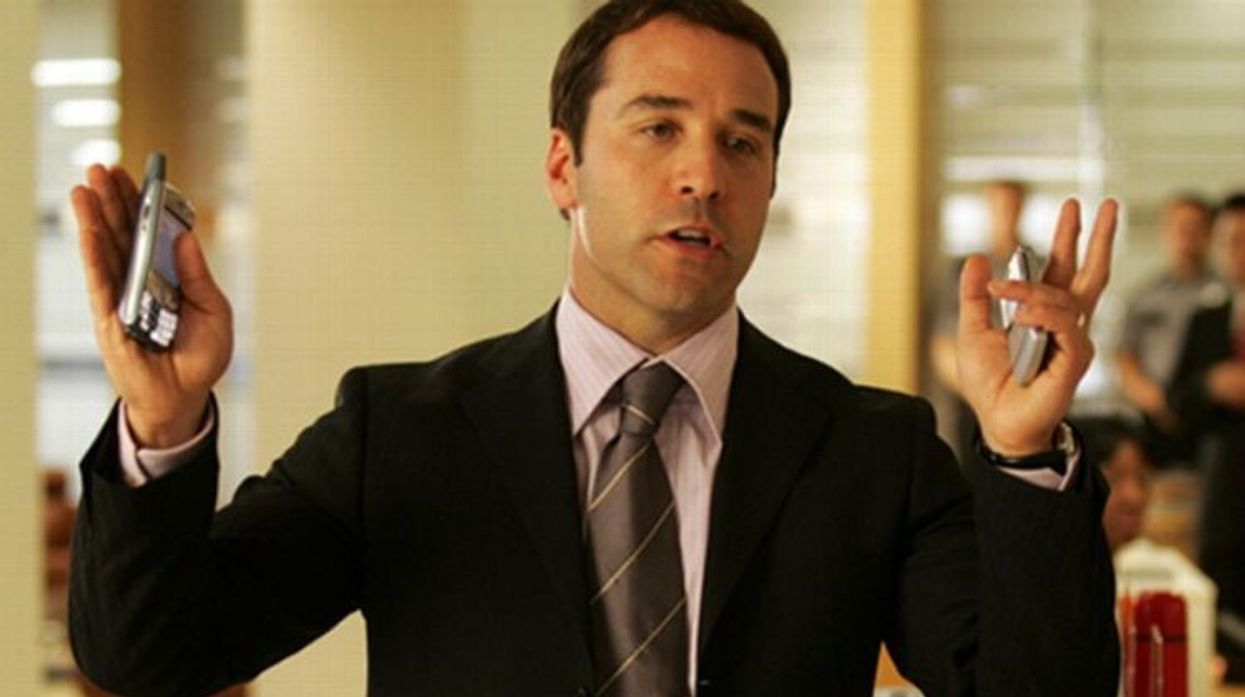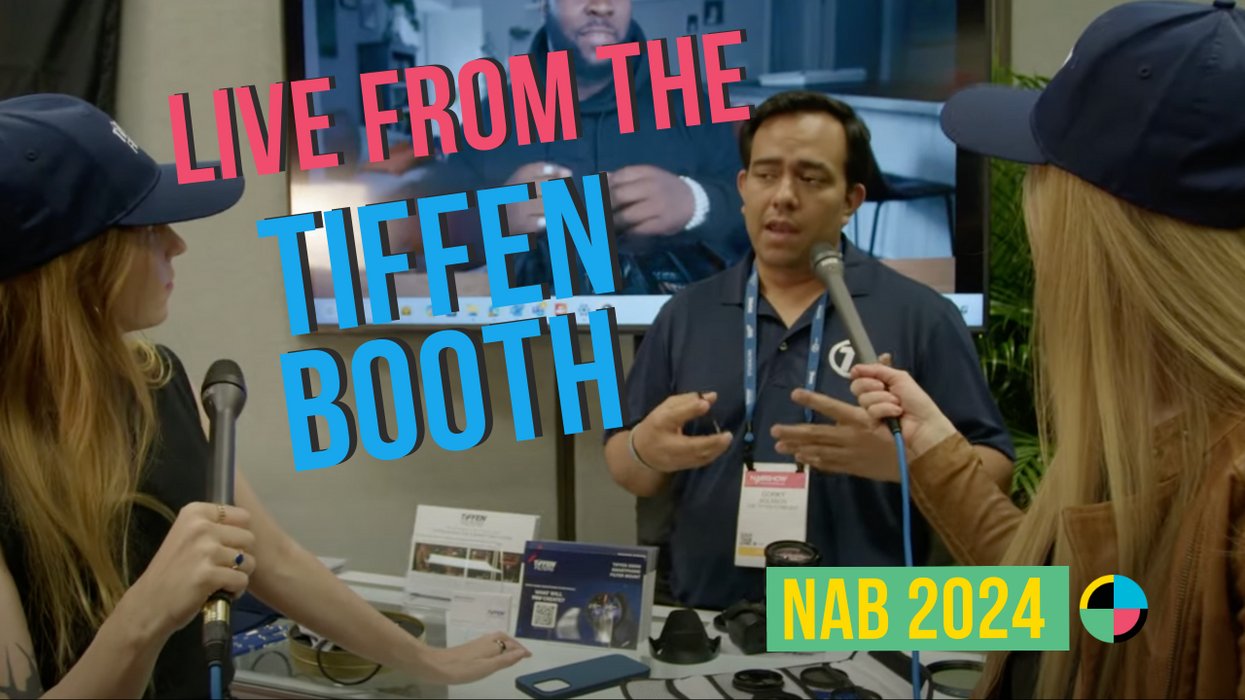What Exactly Does an Agent Do For You?
During a panel at Cannes, four talent agents discussed their evolving role in an increasingly diverse industry.

For those filmmakers and other creatives who are on the outside and looking to get in, talent agents have traditionally been thought of as the gatekeepers to the kingdom, the ones who, with a word, can deliver a career. Of course, it's not that simple, and while they're becoming increasingly more influential in the film business, many people still don't have a great idea of what an agent's role actually is.
During a panel sponsored by The UK Film Centre, as part of the International Pavilion at Cannes, four talent agents, three from Hollywood and one from the U.K., gathered with journalist Matt Mueller from Screen International to discuss the nature of their jobs (everything from representing talent, to creating packages, and beyond) as well as the changes brought on by global box office demands, drives for increased diversity in the film industry as a whole, and more.
"We have to think outside the box to get outside-the-box movies financed."
Producers without credit
The role of an agent in today's business can range from connecting their client with the film world to "putting together a game plan," as Mikey Schwartz-Wright from United Talent Agency put it. Kristen Konvitz from ICM Partners said that she thought of agents as "producers, with none of the credit. We help to get a film to fruition...any way necessary." She also commented that, in today's world of crypto-currency and blockchains, "we have to think outside the box [in order] to get outside-the-box movies financed."
The role of an agent is mutable: Cynthia Okoye (Curtis Brown Group) spoke about an agency's ability to "facilitate [the] entire journey" of a client's career, suggesting a holistic approach to representation, starting with a client at the beginning of their career and continuing throughout. "It's more than just doing the deal, doing the contract, it's...sales, distributors, guiding that process." Of course, different levels of stardom or prestige within one's field bring different needs in a representative, and Nick LoPiccolo said that some of Paradigm Talent Agency's more prominent and powerful clients need representatives to think "outside the studio system...give them ownership, and some more creative control," which often involves ownership in the structure of the film's financing, whether through equity or points.

Championing 'distinct pieces of work'
The international market is incredibly important (2017 was a record year) and it definitely looms large in the thinking of these agents. They discussed the case of Moonlight, a film that Schwartz-Wright said, probably wouldn't have been produced, six or seven years ago, citing its "distinct, diverse story" as something that was once seen as a negative.
"Moonlight wasn't an obvious thing," said LoPiccolo. "A number of actors passed...because they were scared of it." All agreed that it has become more challenging to get a theatrical release, and that agents were looking for "distinct pieces of work that stand out," though, of course, not everyone is in agreement about what that means, as the aforementioned case of Moonlight highlights.
"A lot of people have stereotypes of how agencies operate and a lot of that is now shifting."
50/50 by 2020
Moonlight was a diverse film in many ways, and the influence of the past year's #MeToo and Time's Up movements were discussed as the representatives reflected on efforts to make their own work, as well as the industry as a whole, into a more inclusive ecosystem. Cynthia Okoye, who works in London, said that as of late, she fields calls from producers interested in her list of non-white filmmakers, which she "thinks is a bit weird...but [I] see that intention. There's a long way to go, but they're specifically targeting [them]." At ICM, meanwhile, there is a mandate, said Kovitz, "to go 50/50 by 2020," which means, he said, that fifty percent of the company, its board, and its partnerships, will be female by that date, a little more than a year and half from now. "A lot of people have stereotypes of how agencies operate," he said, "and a lot of that is now shifting."
The panelists agreed that the business is in the throes of change, but if one looks back over the past several years in film journalism, change is the perpetual order of the day, and, as legendary screenwriter William Goldman (Butch Cassidy and the Sundance Kid, among others) famously remarked, "Not one person in the entire motion picture field knows for a certainty what's going to work. Every time out it's a guess and, if you're lucky, an educated one." That said, the moves towards increased gender and racial diversity within the industry, and within the agencies themselves, are positive ones, and certainly more profound than new revenue streams, emerging markets, and novel technologies. And agents might not be the only key to success in Hollywood, but they are definitely becoming more important (and more like producers) in 2018, a trend that will likely continue.
Source: Changing Role of Agents












